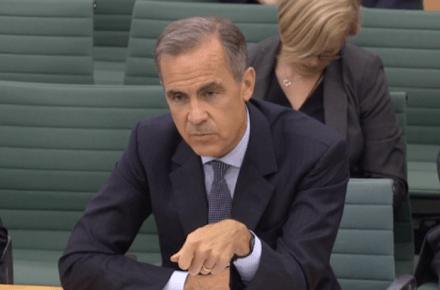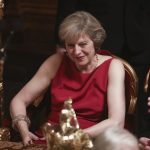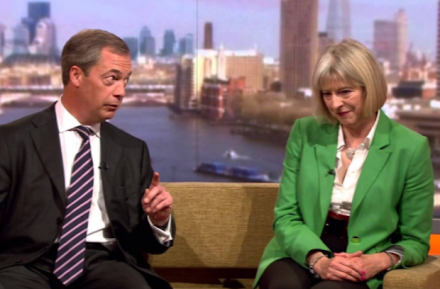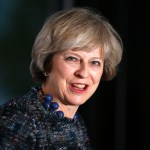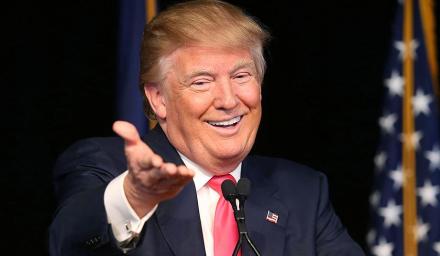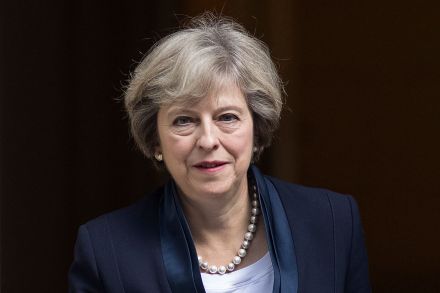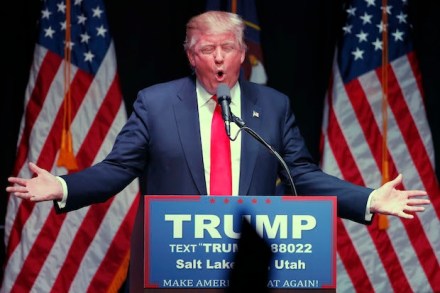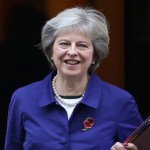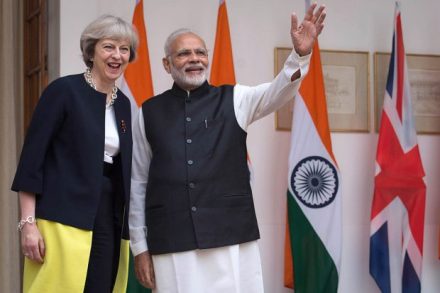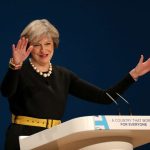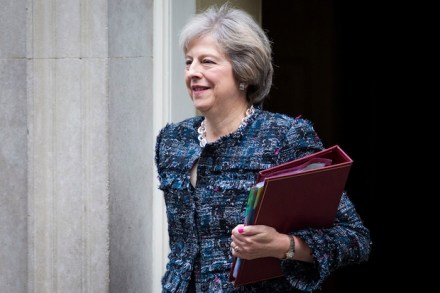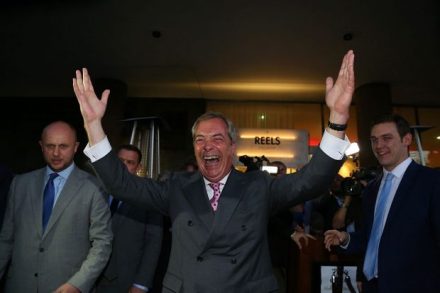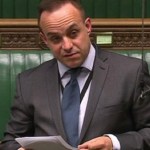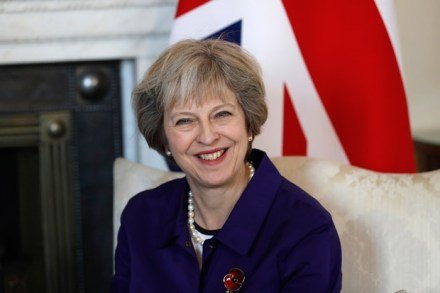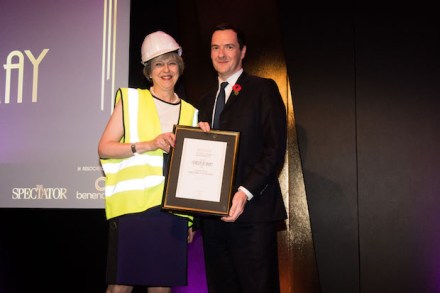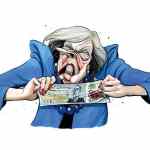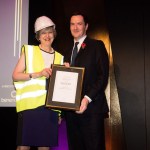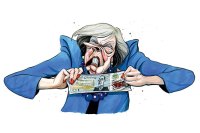Mark Carney takes issue with Theresa May at Treasury select committee
With Mark Carney stepping down from his role as governor of the Bank of England in 2019, it’s been widely reported that relations between Carney and Theresa May are strained. As James Forsyth writes in The Spectator, the Prime Minister managed to rub Carney up the wrong way with her Conservative conference speech when she appeared to criticise central banks and citizens of the world. At today’s Treasury select committee, Carney denied that May’s comments played a role in his decision to extend his contract by just 12 months. He did, however, appear to take a swipe at May over her choice words. When Andrew Tyrie — the committee chair — pointed out that May
